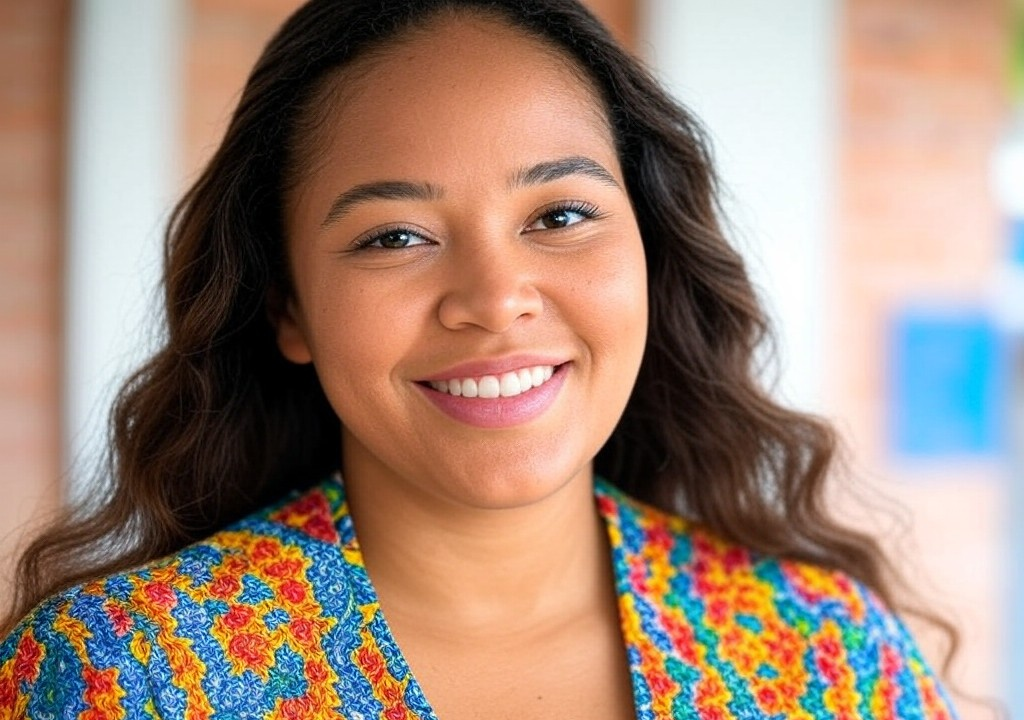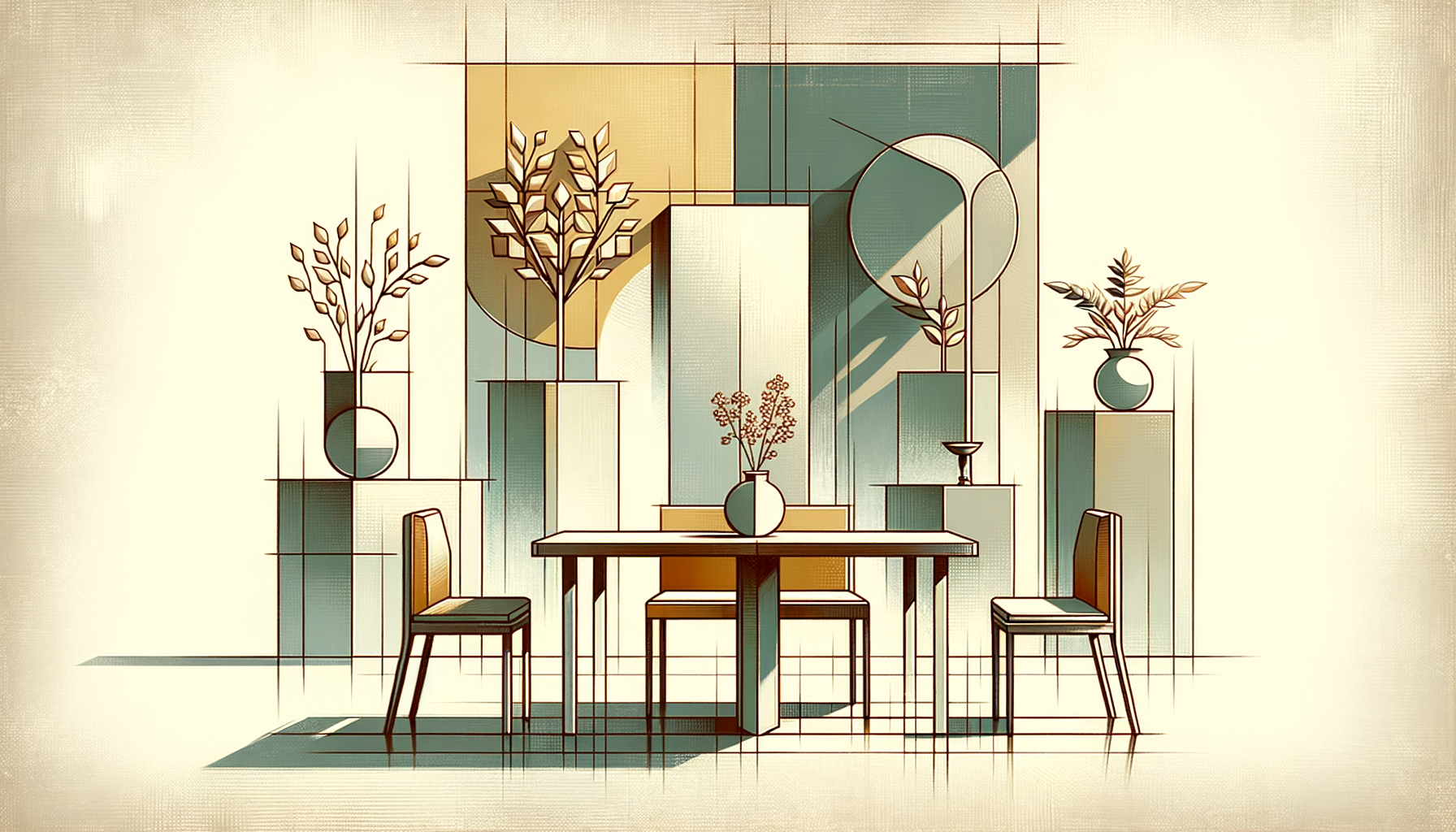It all started with a knock on my apartment door in Houston—seven grocery bags balanced across my arms and my phone jammed between my cheek and shoulder. My abuelita was mid-rant about how I still wasn’t married when I opened the door to find my neighbor—a wiry guy with an impressively tragic man bun—brandishing a sad plant in a cracked terracotta pot.
“Hey, you’re into stories and stuff, right?” he asked, thrusting the plant toward me as if it were offering itself up to the gods. Before I could answer (or set down my rapidly slipping groceries), he added, “This belonged to my grandma. Thought you might like it.”
Listen, I didn’t need another withering obligation (see: unanswered Bumble matches, the pile of laundry that looked like it might unionize at any moment, and, well, abuelita’s marriage timeline). But his urgency radiated the energy of someone handing off the one ring to Frodo—a “take this before its curse consumes me” vibe I’m terrible at declining. So, I took the plant, thanked him, and set it on my windowsill, fully expecting it to die like my last six attempts at emotional maturity.
Instead, that scraggly little survivor taught me everything I never knew about myself—and accidentally helped me find my purpose.
Section 1: The Universe Had Other Plans
Let me be clear: I had no clue what I was doing. Truthfully, I named the plant Diego (because every resilient thing deserves a melodramatic name) and assumed we’d endure an awkward cohabitation that ended in two weeks. I watered it when I remembered, played Bad Bunny’s YHLQMDLG for ambiance, and whispered encouraging lines from Paulo Coelho’s The Alchemist whenever I walked past. You know, just in case Diego had ears.
But somehow, Diego didn’t just survive—he thrived. Instead of shaming me for my forgetful watering habits or moody Spotify mixes, his tiny leaves unfurled week after week, like green fireworks celebrating some silent triumph. Growing Diego felt like earning tiny victories every day. And honestly? I was hooked.
Section 2: What's a Plant Got To Do With Dating?
Turns out, Diego’s growth mirrored something I hadn’t been able to articulate in my own relationships: effort matters, but patience is the magic ingredient. In the past, I’d been obsessed with the “hustle” of love—you know, those grand romantic gestures that TikTok convinces us are normal. But nurturing a plant teaches you real consistency. Diego didn’t care if humidity was high and Mercury was in retrograde. He just needed water, sunlight, and someone to notice when his soil started looking like week-old pan dulce.
So many relationships die not from lack of effort, but from poor timing. Maybe your new flame’s pace doesn’t match yours, or one of you flourishes while the other withers. Diego reminded me that growth curves are wildly personal—and rushing progress often ends in disappointment. In love and Monstera care, timing is everything.
Section 3: Lessons in Flourishing (Without the Drama)
Here’s what Diego and I learned together:
1. Be Consistent—But Not Perfect
Relationships and plants both need regular attention, but not micromanagement. Forgot a date night? Apologize sincerely. Skipped a watering session? Fine—just fix it. No one’s perfect, and that’s okay.
2. Trust the Roots
Whether you’re two years into dating or two weeks into nurturing a pothos, unseen developments make all the difference. Roots strengthen quietly underground before they show above the surface. Trust the work, even when you can’t see results.
3. Know When to Prune
Dead leaves aren’t bad—they’re signs of growth. If something isn’t helping the relationship (or plant) thrive, snip it and move forward. Evolving is healthy.
4. Quiet Effort Is Still Effort
Not every moment has to be Instagram-worthy. Real connection happens in the quiet—the steady watering, the whispered “I’m proud of you,” the way you instinctively reposition sagging stems.
Section 4: So How Did This Become My Purpose?
Here’s the plot twist no one warned me about: Diego wasn’t just a metaphor for my love life. He was a compass pointing me toward everything I truly valued. In the months I spent doting on that resilient little plant, I started craving that sense of deliberate care in all aspects of my life. It wasn’t long before I dusted off old stories I’d half-written and started scribbling again—first timidly, and then with all the fervor of someone rediscovering a lost love.
I’d gone into journalism because I wanted to tell stories that mattered. Somewhere along the line, deadlines and “angles” had dulled that passion. But writing about community festivals, tracing my family’s migration stories, and reflecting on Diego’s lessons? It felt like planting something meaningful in the soil of my everyday life—a little messy, but absorbing and full of potential.
I realized something big, too: my calling wasn’t just to write. It was to nurture in every sense of the word—to help people (and, apparently, plants) grow roots, find light, and flourish without rushing their process. Writing became my way of holding a mirror up to others’ lived experiences and saying, Look, your story matters—it’s growing in ways you don’t even recognize yet.
Section 5: What’s Your Diego?
If my life is a novella, Diego entered stage left just when I needed him most. I wanted a routine plant; I got a life coach in chlorophyll. But that’s how purpose sneaks up on you. Sometimes, it’s not a career shift or a viral epiphany in the shower. Maybe it’s just an unexpected houseplant—or an awkward first date, a long walk with a friend, or a random class you signed up for on a whim.
Ask yourself: What’s the thing you’d do even if you’re bad at it? What makes you feel small but full of potential? Maybe your Diego is a yoga hobby you’ve been flirting with for years or those poems no one’s seen but you.
Start watering it. Show up. Let time do its thing. You might not find your exact calling right away, but I promise—you’ll grow something meaningful.
Conclusion: Your Purpose Is Rooted in the Everyday
Today, Diego lives in a slightly bigger pot (pro-tip: relationships and plants need space to grow). He shares a sunny windowsill with his new roommates: a gangly fiddle-leaf named Frida and a finicky orchid named Celia. And me? I’m still figuring it out, but I’m not rushing. Whether it’s learning to care for plants, nurturing relationships, or building a career that matters, I’ve learned to show up, stick with the messy parts, and celebrate the tiny green fireworks along the way.
So here’s my advice to you: pay attention to those small sparks of curiosity or joy. They might feel inconsequential—accidental, even—but trust me, they’re nudging you toward something bigger. Go ahead. Start nurturing. There’s no telling what might bloom next.




















